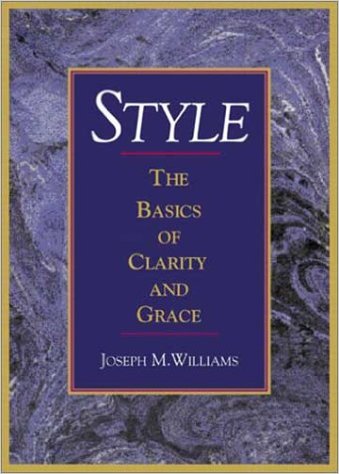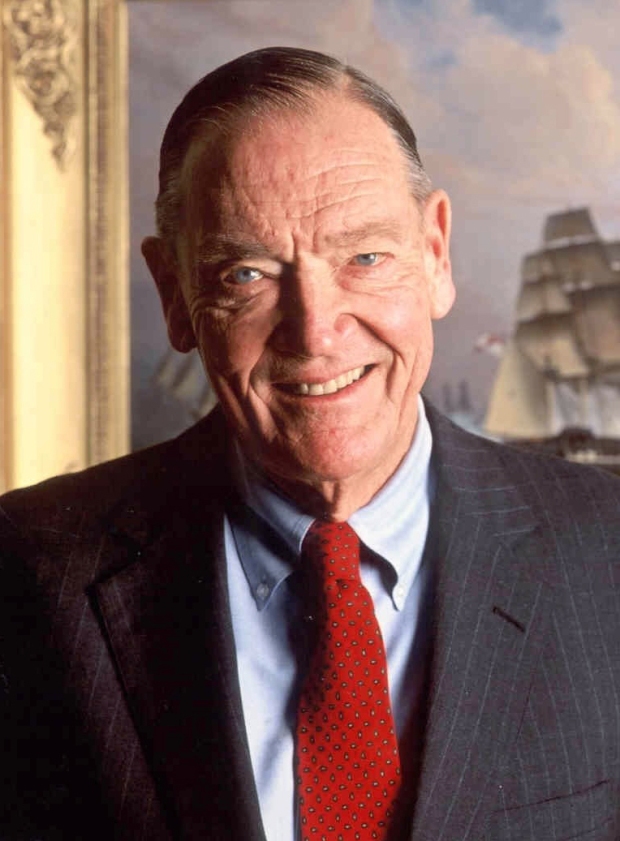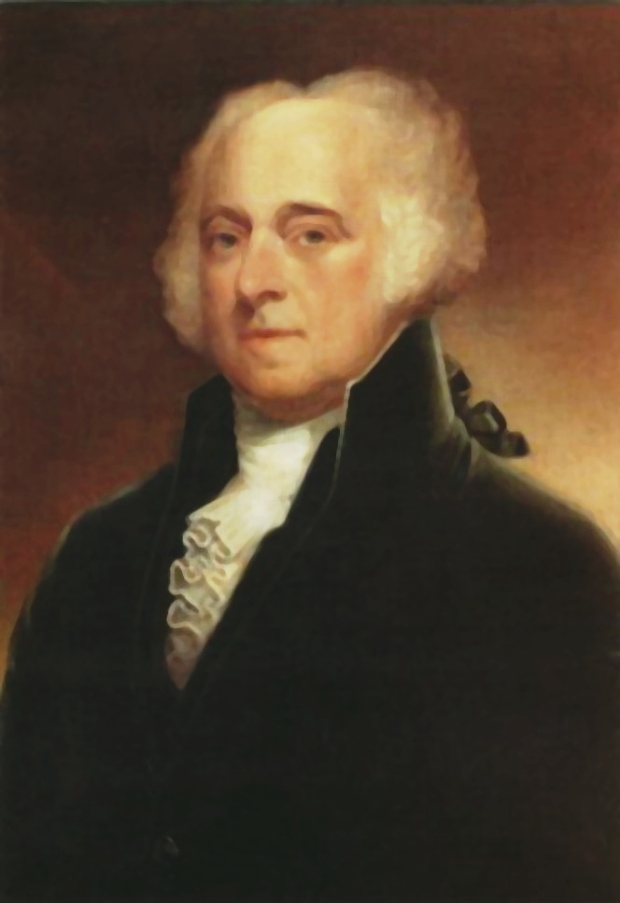I recently finished reading Truman by Pulitzer Prize winner David McCullough.
Below are key excerpts from the book that I found to be insightful:
The influence of his teachers on his life, Harry later said, was second only to that of his mother, and when crediting a Tillie Brown or a Margaret Phelps for all they had done for him, he did so with the assumption that everybody of his generation had a Tillie Brown or Margaret Phelps in their background and could therefore understand how he felt.
More important and equally unexpected was the way in which he proved himself a leader. His first day in office he spoke to the point: We intend to operate the country government for the benefit of the taxpayers. While we were elected as Democrats, we were also elected as public servants. We will appoint all Democrats to jobs appointable but we are going to see that every man does a full day’s work for his pay. In other words we are going to conduct the county’s affairs as efficiently and economically as possible.
“Three things ruin a man ” Harry would tell a reporter long afterward. “Power, money, and women. “I never wanted power,” he said. “I never had any money, and the only woman in my life is up at the house right now.”
“It is a pity that Wall Street, with its ability to control all the wealth of the nation and to hire the best law brains in the country, has not produced some statesmen, some men who could see the dangers of bigness and of the concentration of the control of wealth. Instead of working to meet the situation, they are still employing the best law brains to serve greed and self-interest. People can stand only so much, and one of these days there will be a settlement…”
To the country, the Congress, the Washington bureaucracy, to hundreds of veteran New Dealers besides those who had gathered in the Cabinet Room, to much of the military high command, to millions of American men and women overseas, the news of Franklin Roosevelt’s death, followed by the realization that Harry Truman was President, struck like massive earth tremors in quick succession, the thought of Truman in the White House coming with the force of a shock wave. To many it was not just that the greatest of men had fallen, but that the least of men—or at any rate the least likely of men—had assumed his place.
“If we can put this tremendous machine of ours, which has made victory possible, to work for peace, we can look forward to the greatest age in the history of mankind. That is what we propose to do.”
The cost of winning the war had been $341 billion. Now $400 million was needed for Greece and Turkey. “This is a serious course upon which we embark,” Truman said at the finish, and the look on his face was serious indeed. “I would not recommend it except that the alternative is much more serious…If we falter in our leadership, we may endanger the peace of the world, and we shall surely endanger the welfare of this nation.”
The line between communism and democracy was clear: Communism is based on the belief that man is so weak and inadequate that he is unable to govern himself, and therefore requires the rule of strong masters.i Democracy is based on the conviction that man has the moral and intellectual capacity, as well as the inalienable right, to govern himself with reason and fairness. Communism subjects the individual to arrest without lawful cause. punishment without trial, and forced labor as the chattel of the state. It decrees what information he shall receive, what art he shall produce, what leaders he shall follow, and what thoughts he shall think. Democracy maintains that government is established for the benefit Democracy maintains that government is established for the benefit of the individual, and is charged with the responsibility of protecting the rights of the individual and his freedom in the exercise of those abilities…
“This is a Republic. The greatest in the history of the world. I want the country to continue as a Republic. Cincinnatus and Washington pointed the way. When Rome forgot Cincinnatus its downfall began. When we forget the examples of such men as Washington, Jefferson, and Andrew Jackson, all of whom could have had a continuation in the office, then we will start down the road to dictatorship and ruin. I know I could be elected again and continue to break the old precedent as it was broken by F.D.R It should not be done. That precedent should continue—not by Constitutional amendment but by custom based on the honor of the man in office. Therefore to reestablish that custom, although by a quibble I could say I have only had one term, I am not a candidate and will not accept the nomination for another term.”
But if the firing of MacArthur had taken a heavy toll politically, if Truman as President had been less than a master of persuasion, he had accomplished a very great deal and demonstrated extraordinary patience and strength of character in how he rode out the storm.
He was remembered as the first president to recommend Medicare, remembered for the courage of his stand on civil rights at the risk of his political fortunes. The whistle-stop campaign was recalled as one of the affirming moments in the history of the American political system.
On a closing note:
Ambitious by nature, he was never torn by ambition, never tried to appear as something he was not. He stood for common sense, common decency. He spoke the common tongue. As much as any president since Lincoln, he brought to the highest office the language and values of the common American people. He held to the old guidelines: work hard, do your best, speak the truth, assume no airs, trust in God, have no fear. Yet he was not and had never been a simple, ordinary man. The homely attributes, the Missouri wit, the warmth of his friendship, the genuineness of Harry Truman, however appealing, were outweighed by the larger qualities that made him a figure of world stature, both a great and good man, and a great American president.
A highly recommended read on Leadership and History.









